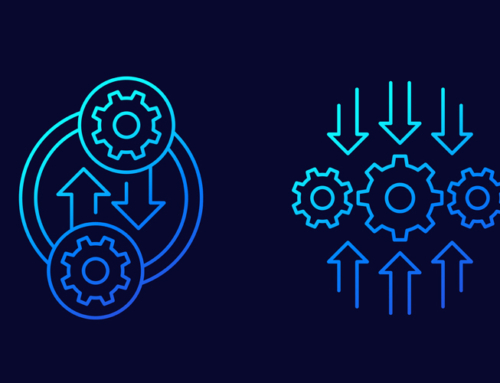API security is a critical aspect of any organization’s overall security strategy. APIs provide a way for different systems and applications to communicate and exchange data, making them an essential part of many businesses. However, with the increasing reliance on APIs, it is essential to ensure that they are properly secured to protect against cyber threats.
There are two main options when it comes to securing APIs: using a separate security product specifically designed for API security or relying on your security platform provider. So, when should you use a separate security product and when should you rely on your security platform provider?
Using dedicated API security tools vs. platform-provided tools
One key factor to consider is the level of security that you need for your APIs. If you have highly sensitive data that needs to be protected, or if you are dealing with a large number of APIs, you may want to consider using a separate security product. These products are specifically designed to secure APIs and often offer more advanced features and capabilities than what you would find in a general security platform.
On the other hand, if you have a smaller number of APIs or if your data is not particularly sensitive, you may be able to rely on your security platform provider. Many security platforms offer basic API security features, such as authentication and access controls. If these features are sufficient for your needs, then relying on your security platform provider may be the right choice.
Additional factors to consider
Another factor to consider is the complexity of your API ecosystem. If you have a complex network of APIs that need to be secured, a separate security product may be necessary to provide the level of protection you need. On the other hand, if you have a relatively simple API ecosystem, a security platform provider may be sufficient.
Another important factor to consider when deciding between a separate security product or relying on your security platform provider is the level of functionality offered by the security platform. As API security becomes increasingly important, many security platform providers are adding API security features to their offerings. However, these features may not always be sufficient for your needs.
If you are using a security platform that does not offer advanced API security features, such as API firewalls, API threat intelligence, or API security testing, you may want to consider using a separate security product. These products are designed specifically for API security and often offer a wider range of features and capabilities than what you would find in a general security platform.
On the other hand, if your security platform provider offers a comprehensive suite of API security features, you may be able to rely on them for your API security needs. It is important to carefully review the features and capabilities of your security platform to determine if it is sufficient for your API security needs.
In conclusion
In conclusion, the decision to use a separate security product or rely on your security platform provider will depend on your specific security needs and the level of functionality offered by the security platform. By considering factors such as the sensitivity of your data, the number of APIs you need to secure, the complexity of your API ecosystem, and the features offered by your security platform, you can determine the best approach for securing your APIs.




